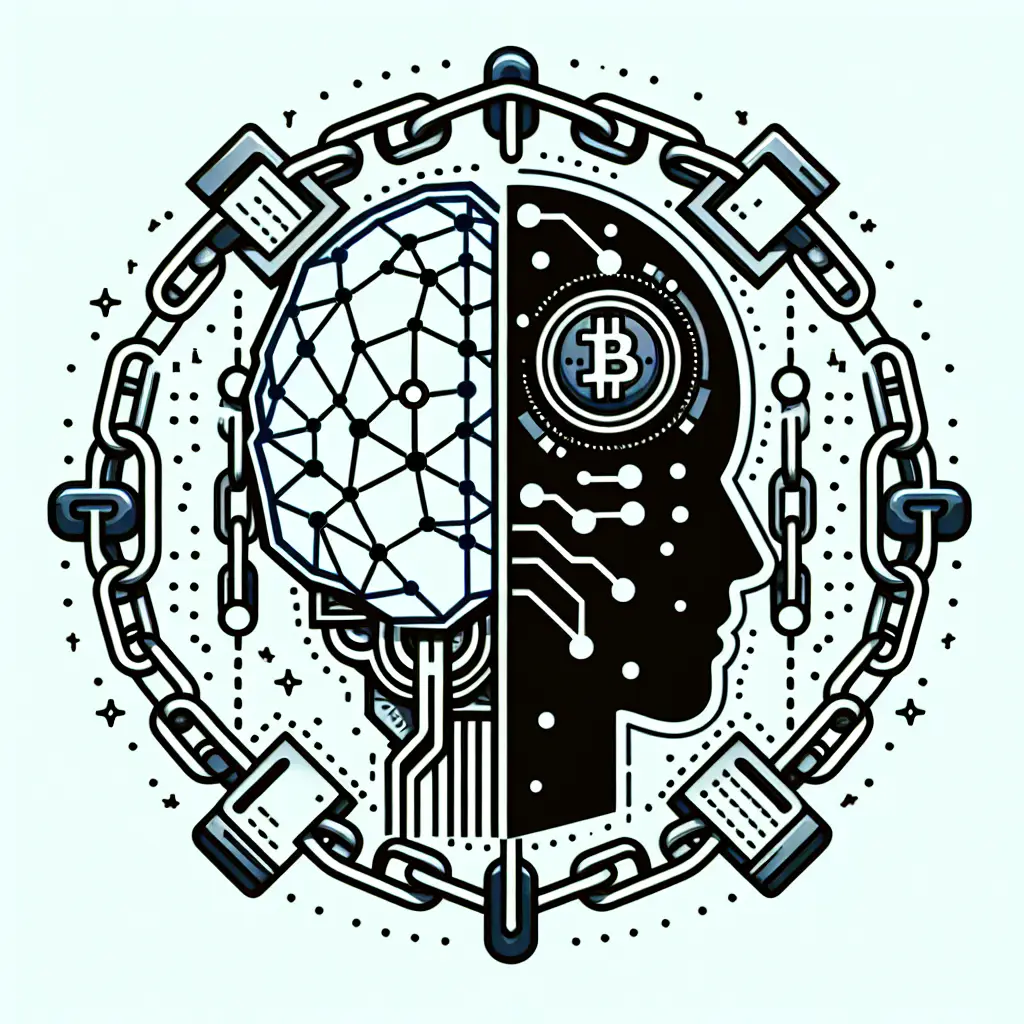Blockchain and AI: Envisioning a Future Where Two Titans Converge
Artificial Intelligence (AI) and Blockchain are two of the most transformative technologies of our time, and their convergence promises new growth opportunities for businesses and solutions to systemic issues.
The Implications of Combining AI and Blockchain
AI and blockchain are revolutionary in their capacities. Blockchain offers transparency, security, and decentralization, while AI can analyze vast amounts of data, facilitate the decision-making process, automate complex tasks, and foster self-learning. A union of these technologies could create an ecosystem that enhances every aspect of businesses, from operations and logistics to data management and customer service.
Enhanced Data Access, Security and Privacy with Blockchain
Data is the lifeblood of AI; it propels the machine learning subset, which is integral in refining AI algorithms. However, access to good quality, diverse data is one of the significant hurdles AI faces. Current data sources are often fragmented, unstructured, and fraught with quality and privacy issues.
Blockchain can mitigate these challenges, as it enables a shared data layer. Data privacy regulations inhibit AI’s training. Blockchain could address this by providing a decentralized and secure platform, where individuals could control their personal data, ensuring only authorized usage. This can promote data sharing while ensuring data security and user privacy.
Improving AI’s Understanding and Decision-making Process
Blockchain technology impresses with its transparency, immutability, and provenance of data, which advocates for data trustworthiness. AI can leverage these properties to foster its primary functionality: decision-making. By accessing trustworthy data, AI models can achieve more accurate decision-making and build trust in their functionality.
On the other hand, AI can address the problem of blockchains efficiency and scalability. AI’s predictive abilities can optimize the mining process by selecting the correct order of transactions, reducing the time required for block generation, and solving scalability issues.
Creating a Distributed and Decentralized Intelligence
In the present AI system, a few massive tech giants control AI intelligence manufacturing data. That raises concerns about monopolization and misuse of user data.
Blockchain can bring decentralization to AI. Instead of a single entity having control, ownership could transfer to users or distributed shareholders—a democratization of AI intelligence. This could also thwart catastrophic risks of an AI superintelligences by splitting the AI into different nodes, reducing the potential of absolute power.
Automating Operations and Reducing Costs
AI and blockchain intersect to deliver significant cost-cutting and efficiency. Smart contracts can automate many operations in industries like healthcare, legal, real estate, and more. On the other hand, AI can bolster prediction, automation, and optimization of processes, substantially reducing operational costs.
Creating a Tamper-Proof Environment
Integrating AI with blockchain means a tamper-proof environment where actions are traceable, transparent and immutable. This could be a game-changer for sectors like finance, supply chain, and healthcare where transparency and traceability are vital.
Challenges of Combining AI and Blockchain
While the marriage of AI and blockchain promises numerous benefits, it isn’t without challenges. Interoperability between different blockchain networks, scalability issues, energy consumption in mining, the complexity of AI technology, and regulatory uncertainties pose significant hurdles.
Conclusion
The convergence of AI and blockchain could unlock a futuristic landscape where trust, security, distributed intelligence, and efficiencies are not just envisioned but realized. Like any transformative technology, challenges persist. However, the potential results — enhancing user trust, creating an ecosystem of smart and efficient systems, securing data, and promoting decentralization — provide a compelling argument for overcoming the obstacles impeding the union of AI and blockchain.
Share this content:
